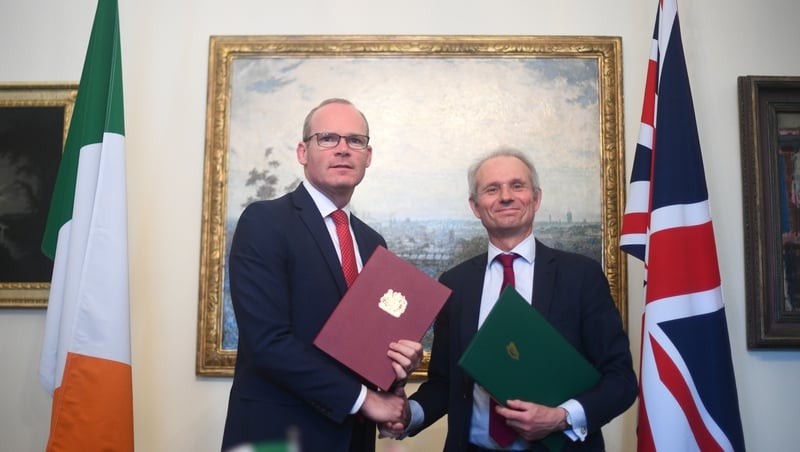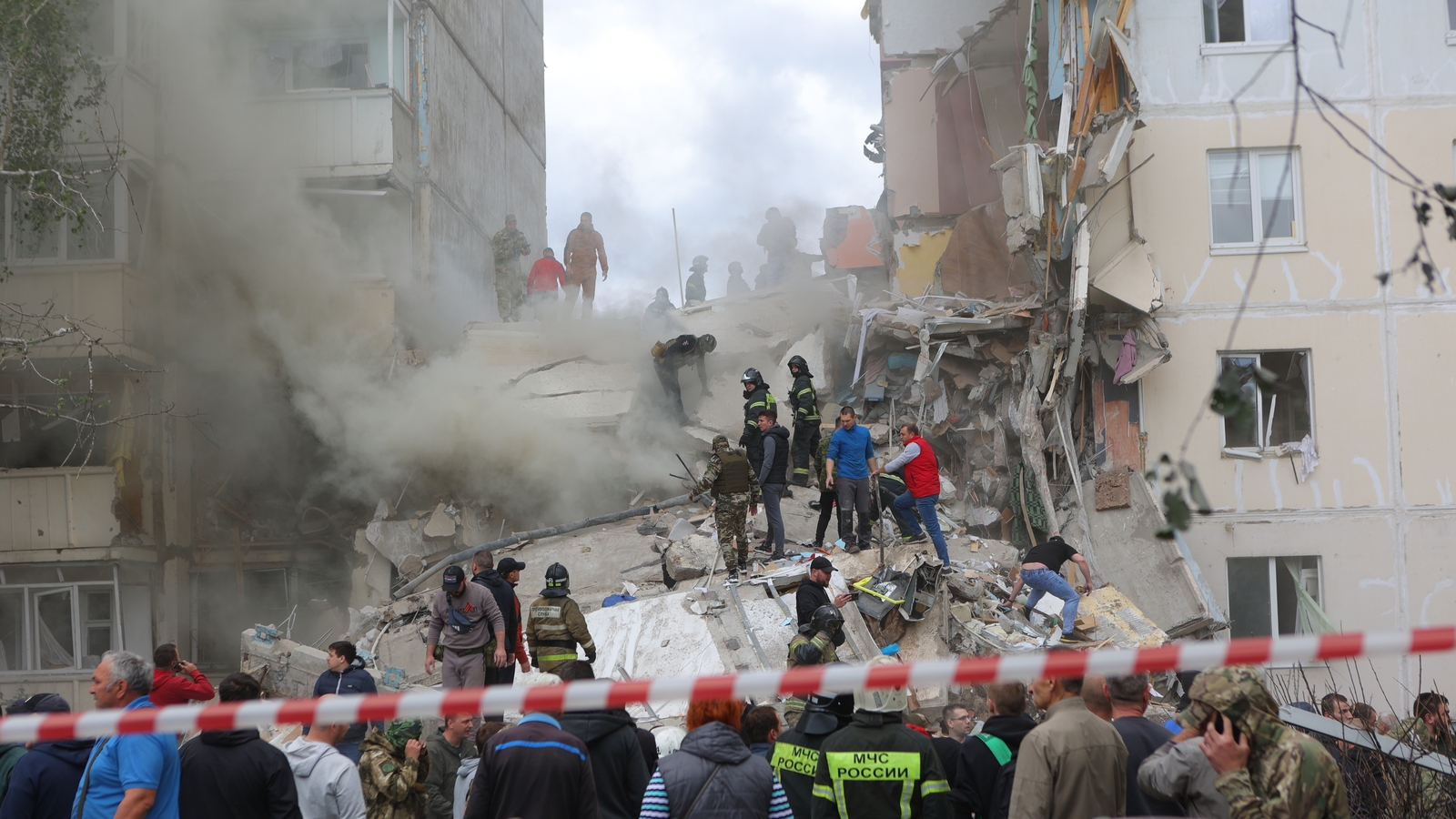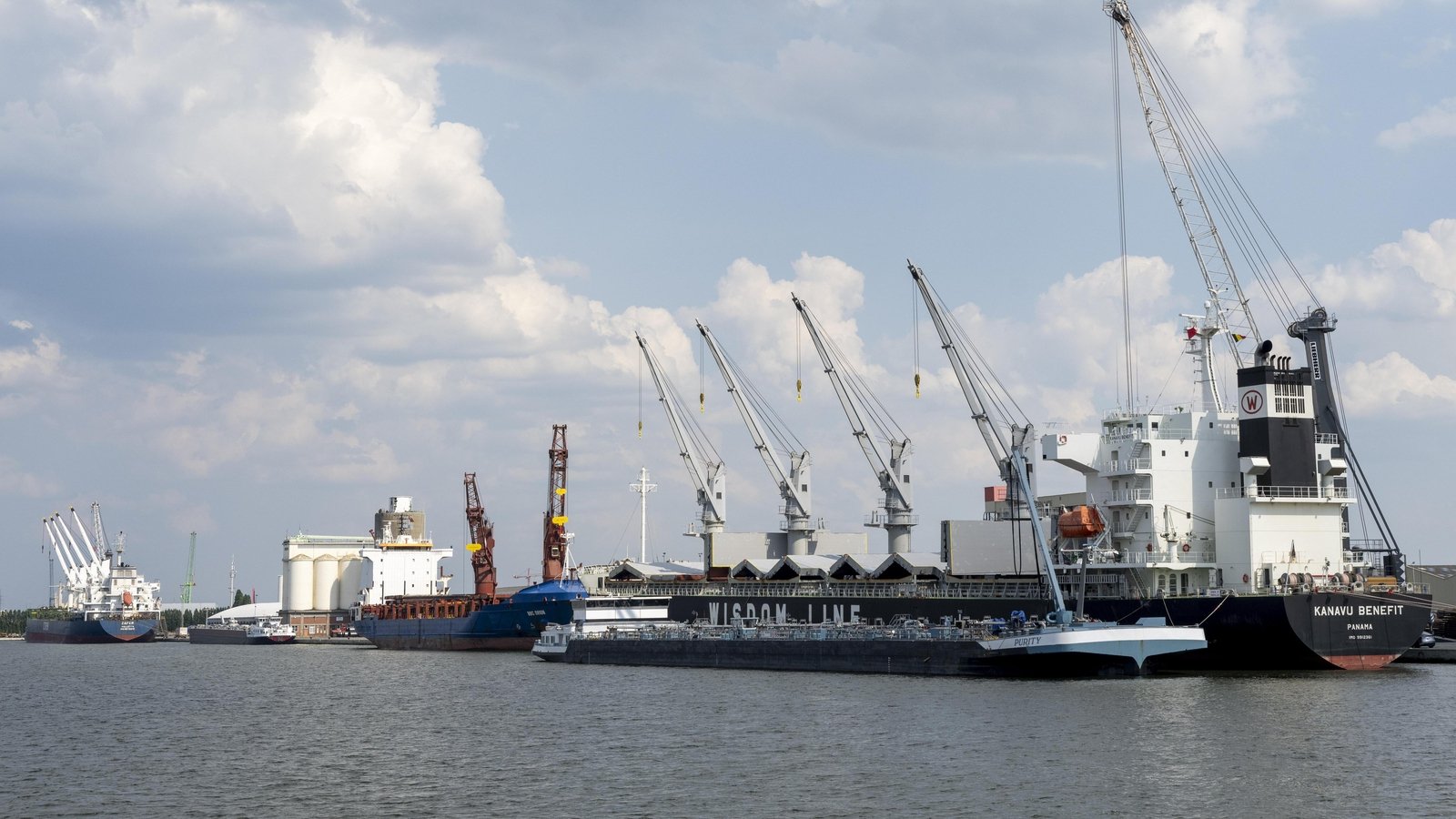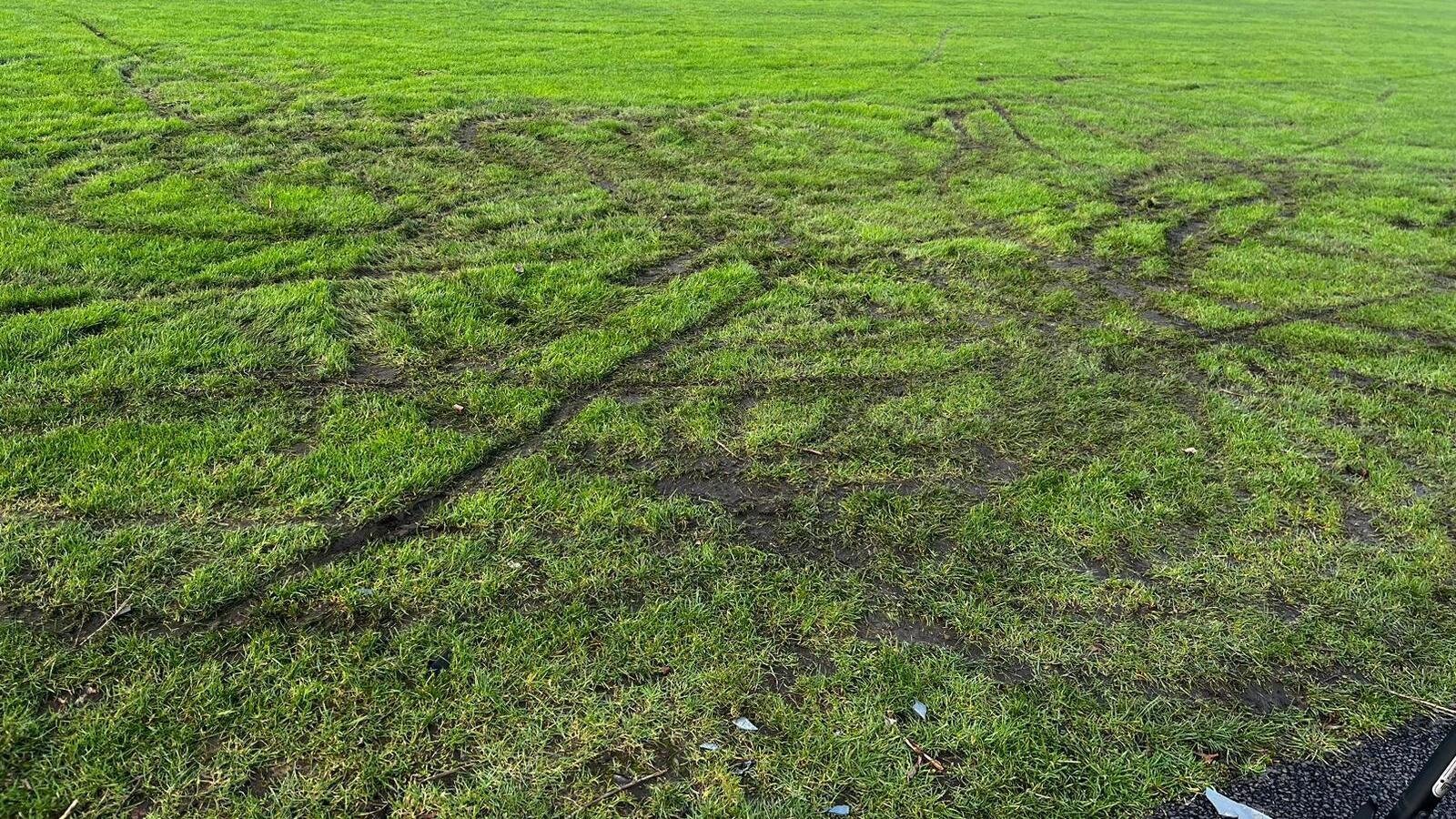How the Common Travel Area impacts migration


The movement of people between Ireland and the UK is governed by the Common Travel Area.
Reporter Dyane Connor examines how this agreement impacts the issue of migration.
What is the Common Travel Area?
Ireland and the UK share a Common Travel Area – an arrangement that allows citizens of the two jurisdictions to have unrestricted movement across the border.
So how does it work?
Essentially this means that there are no passports and no immigration controls.
During the Brexit process the two Governments signed a Memorandum of Understanding reaffirming the Common Travel Area, so unrestricted travel continues.
However these freedoms do not extend to non-Irish/non-UK citizens.
How is migration being policed?
The Cross Border Joint Action Task Force incorporates the gardaí and Police Service of Northern Ireland who work together to monitor and detect illegal immigration on both sides of the border.
An Garda Síochána says its carrying out immigration checks on a regular basis with up to “300 checks per month” which can be “spontaneous or pre-planned”.
It says the checks are conducted by “roads policing units” and on the “train line running through Co Louth”.
What is the new legislation?
It is due to be enacted in a matter of weeks and will allow for fast processing of applications.
What is the British PM saying about a “returns” deal?
British Prime Minister Rishi Sunak was steadfast yesterday that no deal can be done with Ireland to accept illegal immigrants back to the UK until there are moves by the European Union to allow Britain to return migrants to France.
How many deportations from Ireland?
Relying on the system as it currently stands, since the beginning of 2023 of the 7,300 people from across the world whose applications for International Protection were refused, fewer than 100 have been deported from the State.
The Department of Justice says there has been a reciprocal arrangement on returns in place between Ireland and the UK since Brexit, which was agreed in November 2020.
It says: “Ireland has not yet returned inadmissible applicants to the UK under this arrangement owing to the suspension of returns during Covid, followed by a legal challenge and a recent High Court decision in March that raised legal questions which had a bearing on the operation of that arrangement”.
In a statement to RTE news this evening it said “Prior to Brexit, the UK participated in the Dublin III Regulation. Under this Regulation, the UK or IE would be responsible for those who had arrived from the other country in accordance with the criteria set out in the Regulation, including that they had been granted a visa or a permission to reside, had a pending international protection application or had been refused international protection”.
Additional reporting Jane Murphy





